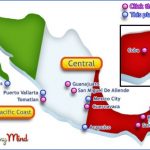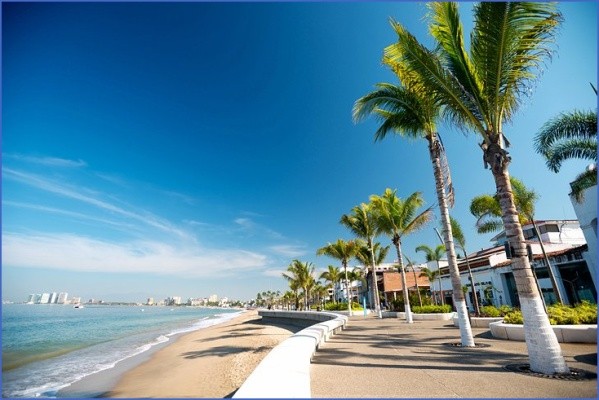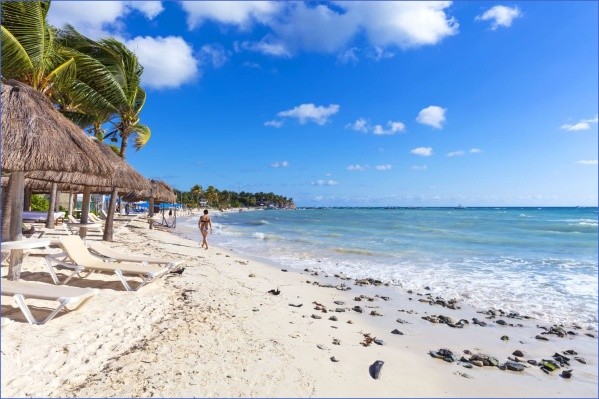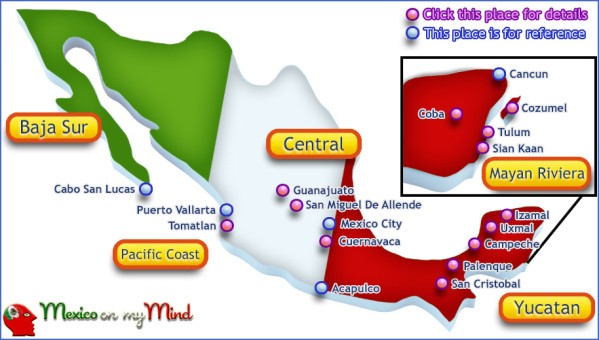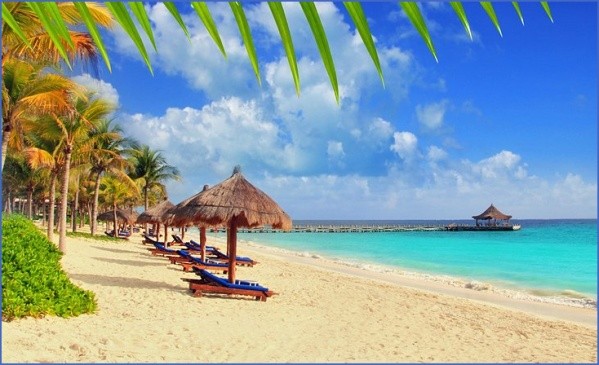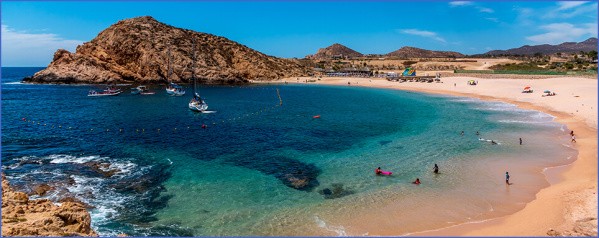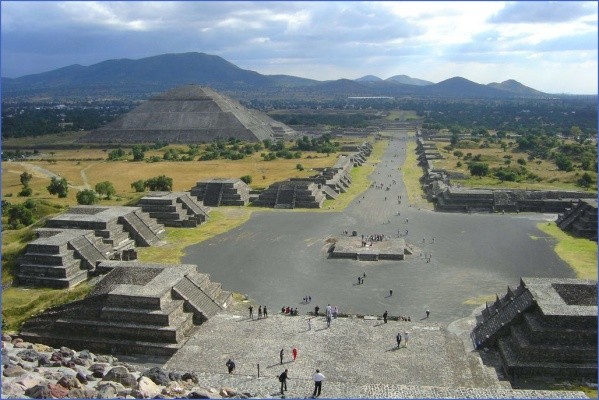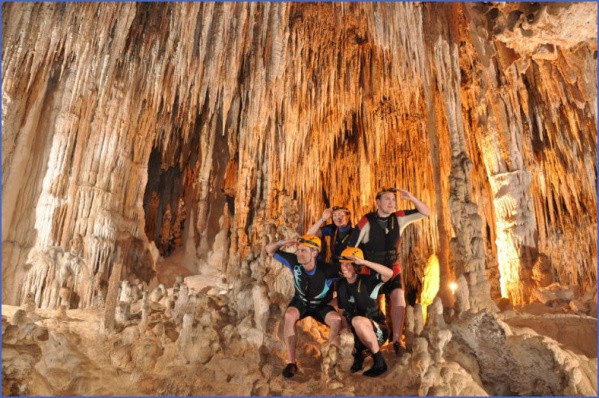Gazing at the thick tropical forest ashore, I’m reminded of how much we’ve accomplished together. At an average speed of five-and-a-half knots over 2,500-some nautical miles, our perspectives have molded as gradually as the landscapes have changed. As Southern California’s busy blacktop transformed into the desolate dunes of Baja, we withdrew from attachments to our cell phones and schedules. Below mainland Mexico’s arid mountains and palm-lined coasts, we were reassured of the goodness of everyday people, yet simultaneously troubled by the trash on beaches. Against Nicaragua’s striking volcanic skylines, we witnessed the ache of poverty and grieved social injustice in a community where young girls carried water to their homes from a local well, while a rich American developer, who had seized oceanfront land with promises to aid the local community, teed off on the fenced-in golf course at his new marina-resort. As Costa Rica’s steamy green jungles took over the coast, we tested our self-reliance and celebrated perfect surf all to ourselves and unexpected friends arriving with provisions, then farther south felt conflicted about the impacts of the booming ecotourism industry.
The transformations, both personal and in the coastal geography, came at a natural pace a new smell in the air, a disturbing dichotomy to wrestle, a different bird in the sky, a new Spanish vocabulary word, an increase in sea temperature, or an incident highlighting something we needed to work on within ourselves. Seeing other ways of life makes the world feel more spacious. And traveling at this pace has given us time to take it all in and figure things out. A marina manager in Mexico had showed us how to siphon gasoline from a jerry can to a tank without getting our breath involved. I learned how to dive down and replace the zincs on the propeller. I successfully changed the engine oil on my own, shot my first fish with a speargun, and managed to wire in small cabin fans. When the windlass stopped pulling the anchor up, a clever cruiser named Clyde taught me about the inner workings of its motor. I can now sharpen knives, splice rope, and tie a one-handed bowline.
Shannon’s main duty has been to take photos, but her strength of character has fortified me through equipment failure and operator errors, stress about money, hull scrubbing, an ex-boyfriend who showed up unexpectedly, stuck anchors, bumping nightclubs, and failed crushes. Only Snaggs, in her yellow bikini, would think to pull out the guitar when the Mexican Navy boarded Swell with drug dogs. The officers quickly abandoned their search and took turns strumming songs for us. She came up giddy after our close encounter with a bull shark and swam out fearlessly into massive surf to take photos. Her deep Christian faith never wavers. We don’t discuss God, as I’m resistant to religion, but it’s easy to tell that she feels supported and confident through the toughest moments. To be honest, I’m jealous; I can only wonder how good that kind of connection feels.
I read our position off the GPS, while Snaggs jots it into the logblog as we assess the distance remaining on our overnight passage. The sun drops into the sea to starboard and I feel a surge of nostalgia as my time with Snaggs comes to a close. Soon orange and pinks swallow the sea and sky.
“Well, Snaggs, can you believe we made it this far?”
“Yes,” she replies. “You’re a good captain, Gadget.” I’d earned the nickname for my unwavering preparedness and perpetual fixing and fussing over gear.
“I couldn’t have done it without you. It’s not going to be the same.”
“Don’t worry, God watches out for the courageous.”
I smile and look down. “I hope you’re right.”
Keep Laughin’
I feel a little dizzy looking up at the curved underside of Swell. Now that I am faced with the job of sanding and painting her below the waterline, she seems enormous. The tall grass itches my ankles. Or maybe it’s just irritating my nasty no-see-um bites? The little devils devour any exposed skin at dawn and dusk in this swampy Costa Rican boatyard up the river.
Mexico Travel Places to visit in Mexico Photo Gallery
I climb back up the ladder. I have been pecking at each project all day but getting nowhere. I look down again at my to-do list: Aside from sanding and painting the bottom, raising the waterline, and grounding the hull in hopes of diminishing harm from a lightning strike, I need to insulate the refrigerator box, fix the stereo, install more fans, and remove the foul, old holding tank from the forward cabin. Plus, the bilge needs cleaning, the starboard running light isn’t working, and the floor needs a few fresh coats of varnish. I think this heat is making my brain swell, because I can’t figure out where to start.
If I can just replace the stereo, at least I’ll have music while I’m doing the rest of the jobs, so I remove the dead one and carefully match each of the colored wires to their coded replacements on the new one, crimping them together with butt connectors, and heat shrinking each one. After screwing it back into its brace on the wall, I flip the switch on my electrical panel and push the stereo’s power button.
Nothing. Not even a flicker.
“Urrrrggggggggg,” I grunt and roll my eyes, pushing the power button over and over, hoping it will magically turn on. I give up and pull out some headphones and my iPod. Okay, moving on.
The running light seems the next easiest item. So I gather my tools and a ladder and head to the bow to pull it apart. I clean up the wiring and change the bulb, then go to test it. It flashes on for a moment, then dies. Deep breath. Slight despair. Enormous irritation. I inspect for an electrical short and find nothing obvious, so I shift a pile of stuff to clear a place to sit down among the chaos of tools, supplies, and snacks in the cabin. They all seem to glare at me as if to say, “Do something!”
Sweat dribbles down my face. The heat seems so thick I almost have to swallow the air to breathe. Mosquitoes buzz my ears. I’m simply miserable. It’s weird without Shannon here. I’m not quite sure what to do with myself.
Surf! That always makes me feel better. I grab my turquoise twin fin and my surf bag and make my way down the ladder, across the river, and to the bus stop down the street.
The waves look about chest high, occasionally bigger and peeling off at various peaks down the sandbar point a few miles south. The wind is a little onshore, but it’s worlds better than dealing with Swell at the moment. A smiling, wrinkled old Tica woman selling green mangos on the road to the beach motions for me to leave my bag with her. I buy a mango, and we chat for a while, then with a parting “Pura Vida! (a common Costa Rican expression and salutation), I sprint across the hot black sand and paddle out through the soupy brown water and sit alone at the top of the river mouth. A few small drops and turns are all it takes to lift my spirits but between sets, the project list clouds my mind like a bad hangover.
Wandering down the road a few hours later, I hope a bus or taxi will appear. A few men catcall from their trucks while other cars pass, loaded with families out for Sunday activities. I keep walking in the direction of the boatyard, switching my board from arm to arm to keep the blood flowing. A clearing appears with a lone tractor parked alongside the road. A black Tico man in his midforties sits in the driver’s seat.
“Watcha doin’ walkin’ here?” he asks with twinkling eyes and a Caribbean twang.
“Heading home,” I reply. “Whatcha doin’ up on that tractor?” I stop and squeeze into the shade of the tractor’s enormous tire for a moment.
“I’m watchin’ it. Get off at six. I’m Charlie. Who are you?”
“I’m Liz.”
“You alone?”
“Yep.”
“You married?”
“Nope.”
“Why not?”
“I dunno, haven’t found the right guy, I guess?”
“Look girl, you betta find yourself a husband now, or else you gonna get old and nobody’s gonna wanna look atcha then,” he says with a chuckle, baring a sparse array of teeth. “You wanna marry me?”
“Naw, thanks though, Charlie.”
“You see is ’cause I is old and ugly,” he replies, throwing his head back and unleashing a great, unchecked flood of laughter. I laugh, too.
“Thanks, Charlie,” I say, getting back to my feet. “I needed a laugh.”
“Girl, you betta learn how to keep laughin’ Ain’t no utha way to survive.”
I reach up and shake his big callused hand, then wander off down the road again. Keep laughing. Keep laughing.
Captain and the Kid
I wake with a pain in my stomach and leap out of bed, but before I can make it to the rail I projectile vomit across the aft deck. I must have caught a bug while surfing in the polluted water. I haul out my medical bag, but I’m too weak to shuffle through the overflowing baggies and scattered pills inside. I sweat and shiver feverishly all night in my forward bunk, Charlie’s advice echoing in my mind between vomiting into a bucket precisely every seven minutes. The next day, I feebly make my way to the pay phone near the marina office and dial home.
“Hello, Dad?” I say, my voice cracking.
“Hi, sweetie! What’s going on?” I’m instantly soothed by the sound of my father’s voice.
“I got sick. And the projects ” I burst into tears. “I don’t know where to start, Dad. I can’t do this!”
“Well, I’ll come help!” he announces cheerfully and without pause. “I don’t have much going on with work this week. I’ll catch the first flight possible.”
Hope lightens my chest. “Really?”
“Yeah, I have plenty of frequent flyer miles. We’ll make it fun!”
The dismal yard comes back into color. The next day I feel better, and hop on a bus to visit the nearby junkyard to scavenge a piece of scrap copper sheeting we can use to fashion a grounding plate. Next, I take the bus into town to purchase supplies for the other projects. Aside from riding waves, there’s nothing I love more than working with Dad, except when he’s a bit too “well-oiled.”
Dad has an excessive affinity for beer-drinking, but he doesn’t like to talk about it. Whenever I try, he changes the subject. Since his entrepreneurial pursuits kept him traveling constantly, no one ever wanted to bring it up on the rare days he was home. He always provided for our financial needs, although his pioneering ventures in cancer technology and treatment were often unstable. Dad needed to drink to relax, so the elephant in the room was permanently adopted by the Clark family. Some days it was only five or six beers, but other days it was an eighteen-pack. He and Mom often argued on those nights, and she’d usually have a few beers too, likely to help her tolerate his intoxication. It had become a situation that was easier for me to bear from afar.
Maybe You Like Them Too
- Top 10 Islands You Can Buy
- Top 10 Underrated Asian Cities 2023
- Top 10 Reasons Upsizing Will Be a Huge Travel Trend
- Top 10 Scuba Diving Destinations
- World’s 10 Best Places To Visit




